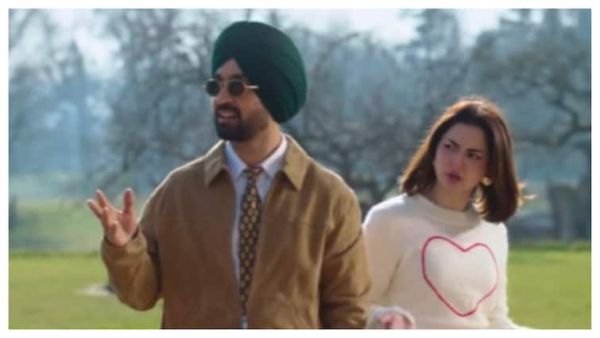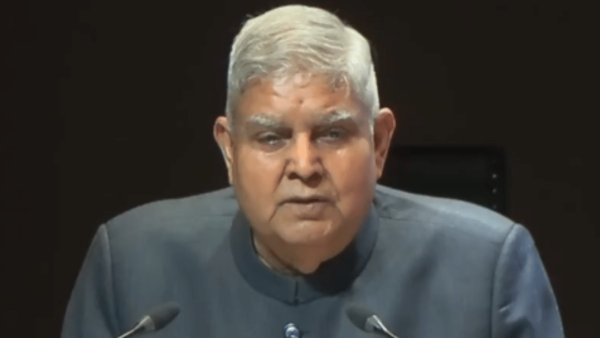
New Delhi: The Vice-President of India, Shri Jagdeep Dhankhar, today said, “I am not under pressure, I do not pressure anyone, I do not work under pressure, nor do I make others work under pressure.”
Addressing a public gathering at the ‘Sneh Milan Samaroh’ in Jaipur, Shri Dhankhar said, “I was a little concerned—not for my health—but for my friend, the former Chief Minister, who said we are under pressure. He is one of my oldest friends in Rajasthan politics and a well-wisher. Since he spoke publicly, I would also like to say publicly—he need not worry. I am under no pressure, nor do I pressure anyone, nor do I operate under pressure.”
Discussing the constitutional position of Governors, he remarked, “When the Governor is in the state, they are often treated like an easy punching bag.” He elaborated, “If the State government and the Central government are ruled by different political political parties, it becomes very easy to make allegations. But over time, this dynamic has changed — now even the Vice-President and the President are being dragged into this domain. This, in my view, is a matter of concern, reflection, and philosophical thought, and it is not appropriate.”
Expressing concern over the current political climate, he said, “The current political atmosphere and temperature are not healthy — neither for individuals nor for democracy. It is a matter of concern and reflection.” He emphasized, “Power keeps changing hands; the ruling party becomes opposition, the opposition becomes ruling party. But that does not mean we should become enemies. Our enemies may lie across the border — not within the country.”
Highlighting that national interest should be above party politics, the Vice-President said, “When we travel abroad, there is no ruling or opposition party; we only represent Bharat — and this has now been demonstrated. This step shows that for us, the nation is supreme. National interest is our duty, Bharatiyata is our pride. Whenever India is the topic, we do not stand divided. Political differences exist within the country, but there are no personal animosities. This is a powerful message that everyone must understand.”
He further added, “The political temperature is becoming intolerable. Unrestrained statements are made casually. But we must understand that India represents one-sixth of the global population. No other country comes close. Who else possesses a 5000-year-old culture? It is unparalleled and extraordinary.”
Speaking about responsible discourse, he said, “Often, in a state of emotion, we raise questions or encourage conflict — but if I am not the one getting hurt, I might say ‘keep fighting.’ These are not matters to be sensationalized in newspapers — they cause real pain. Our economy suffers deeply. And why? Because where was India 11 years ago? This is not a political matter. In every era, India has progressed. Great accomplishments were made in the 1950s, 60s, 70s. When I talk about the current era, it should not be seen as a comparison to previous ones — I am comparing India with the world.”
He emphasized, “India was once counted among the five most fragile economies — today, it ranks among the world’s top four economies. Look at the countries we’ve surpassed. Just wait a little more — Japan, Germany, the UK, Canada, Brazil — all are behind us. Such a leap has been taken that the world refers to the last decade as the period of India’s economic rise — a feat unmatched by any other major nation.”
Highlighting the role of the opposition in a democracy, the Vice-President said, “Opposition does not mean adversary. Democracy requires expression, debate, dialogue — what the Vedas call Anantavaad.”
He warned, “When expression reaches a point where opposing views are dismissed entirely, expression loses its essence. Expression is crucial — it is the soul of democracy. But if it is suppressed or becomes so extreme that it ignores all other viewpoints, then it ceases to be meaningful. To make expression meaningful, debate is essential — and debate means engaging with people who disagree with you. There is a strong possibility that they may be right. That is why listening to others strengthens your own expression.”
He also invoked the work of the Constituent Assembly, saying, “The Constituent Assembly took nearly three years — 2 years, 11 months, and 18 days — of painstaking effort to give us the Constitution.” He explained, “There were deep issues at the time; consensus was difficult, but they never engaged in confrontation. There was no disruption. Through dialogue and compromise, they arrived at consensus — confrontation never crossed their minds.”
Speaking on policymaking in the interest of farmers, the Vice-President said, “If the subsidies given by the government to farmers reach them directly, every farming household could receive more than ₹30,000 per year.” He further added, “If fertilizer subsidies are transferred directly to farmers, the choice to adopt natural or organic farming will be theirs.”
He cited the example of the United States and said, “In the U.S., the average annual income of a farming household is higher than that of an average household — that’s the kind of direction we should aim for.”
The Governor of Rajasthan, Shri Haribhau Kisanrao Bagde; the Speaker of the Rajasthan Legislative Assembly, Shri Vasudev Devnani; Leader of Opposition in the Assembly, Shri Tikaram Juli; Patron of the Rajasthan Progressive Forum, Shri Harimohan Sharma; and the Forum’s Working President, Shri Jeetram Chaudhary, and other dignitaries were also present on the occasion.
-
Elderly woman tied to tree, beaten over garbage dispute in Karnataka

-
Hyderabad man who sold polluted water of Sunnam Cheruvu arrested
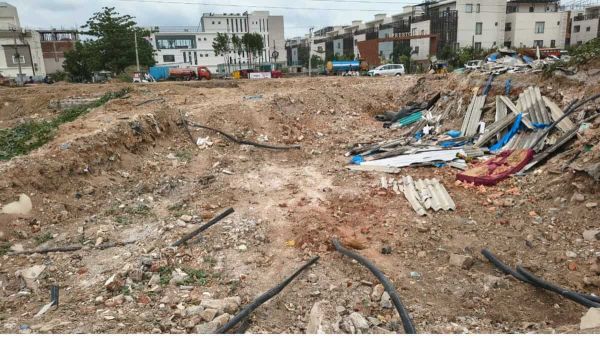
-
Experts committee refuses to accord permission for AP’s Banakacherla project
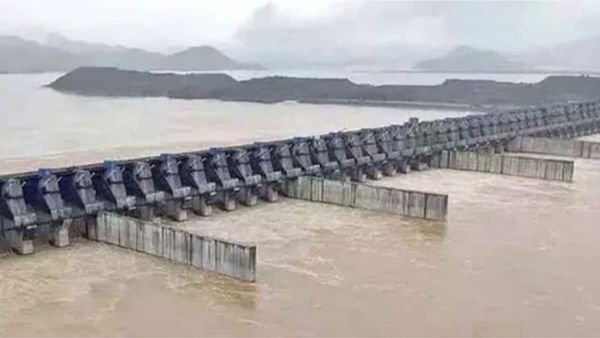
-
Delhi: No sale of diesel, petrol to vehicles above 10, 15 years of age from tomorrow
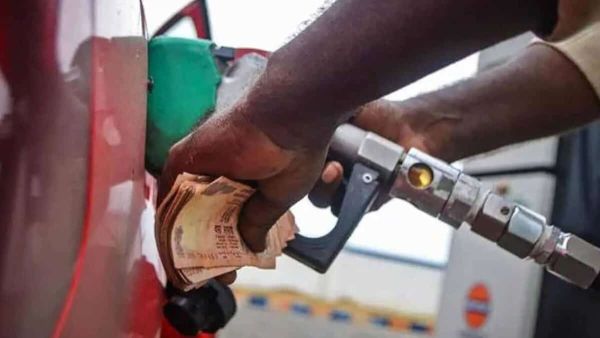
-
Diljit Dosanjh, Hania Aamir’s Sardaar Ji 3 Breaks Records In Pakistan
